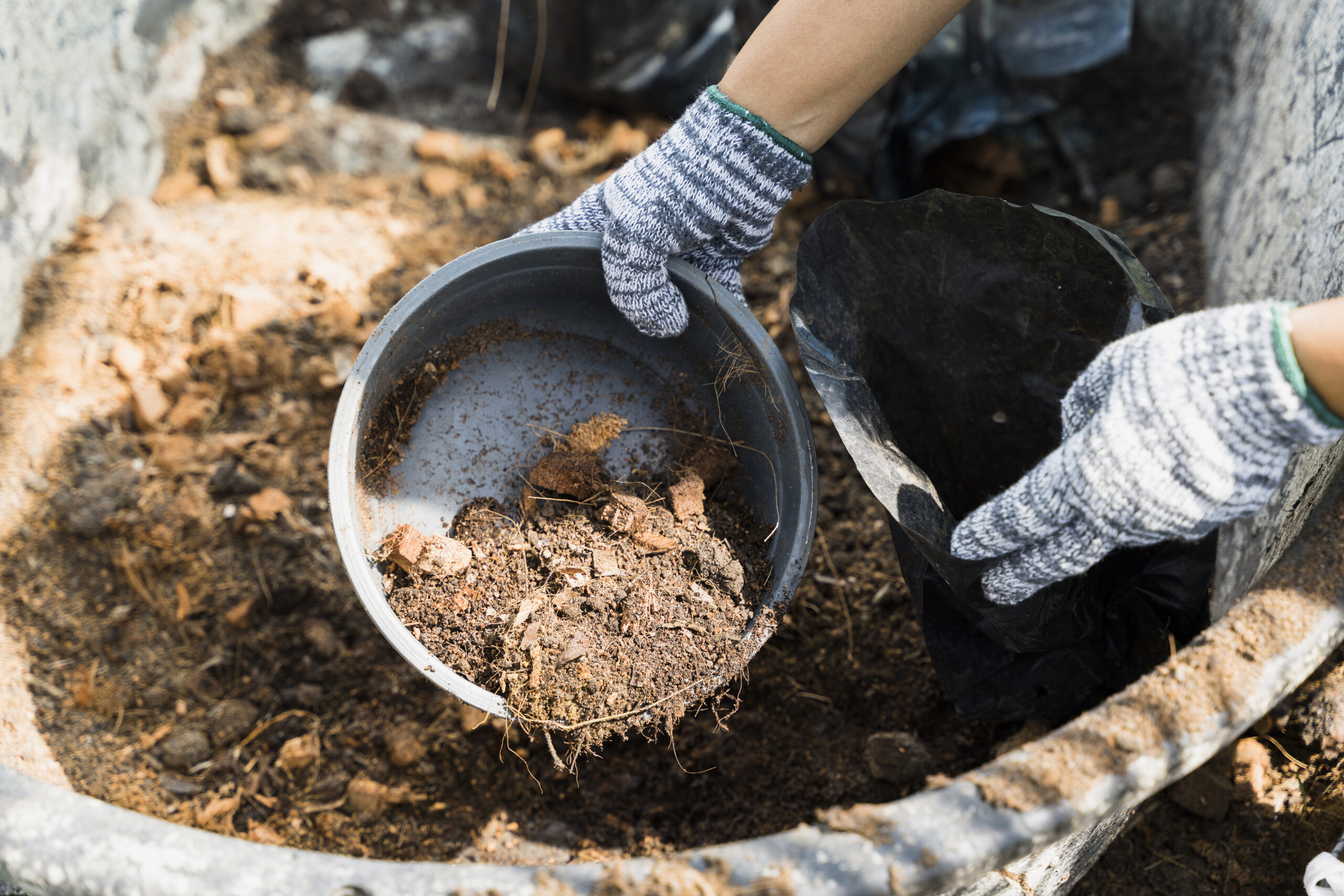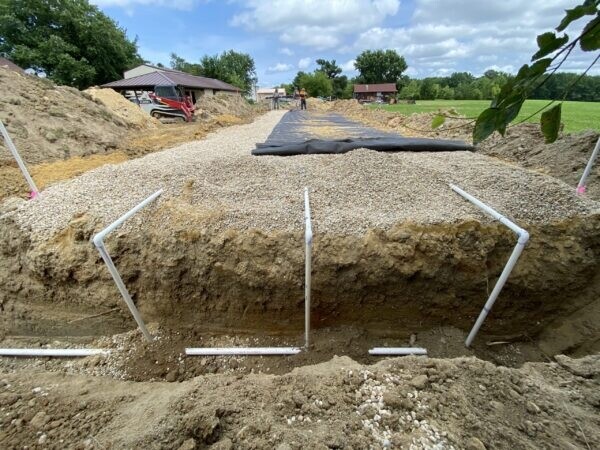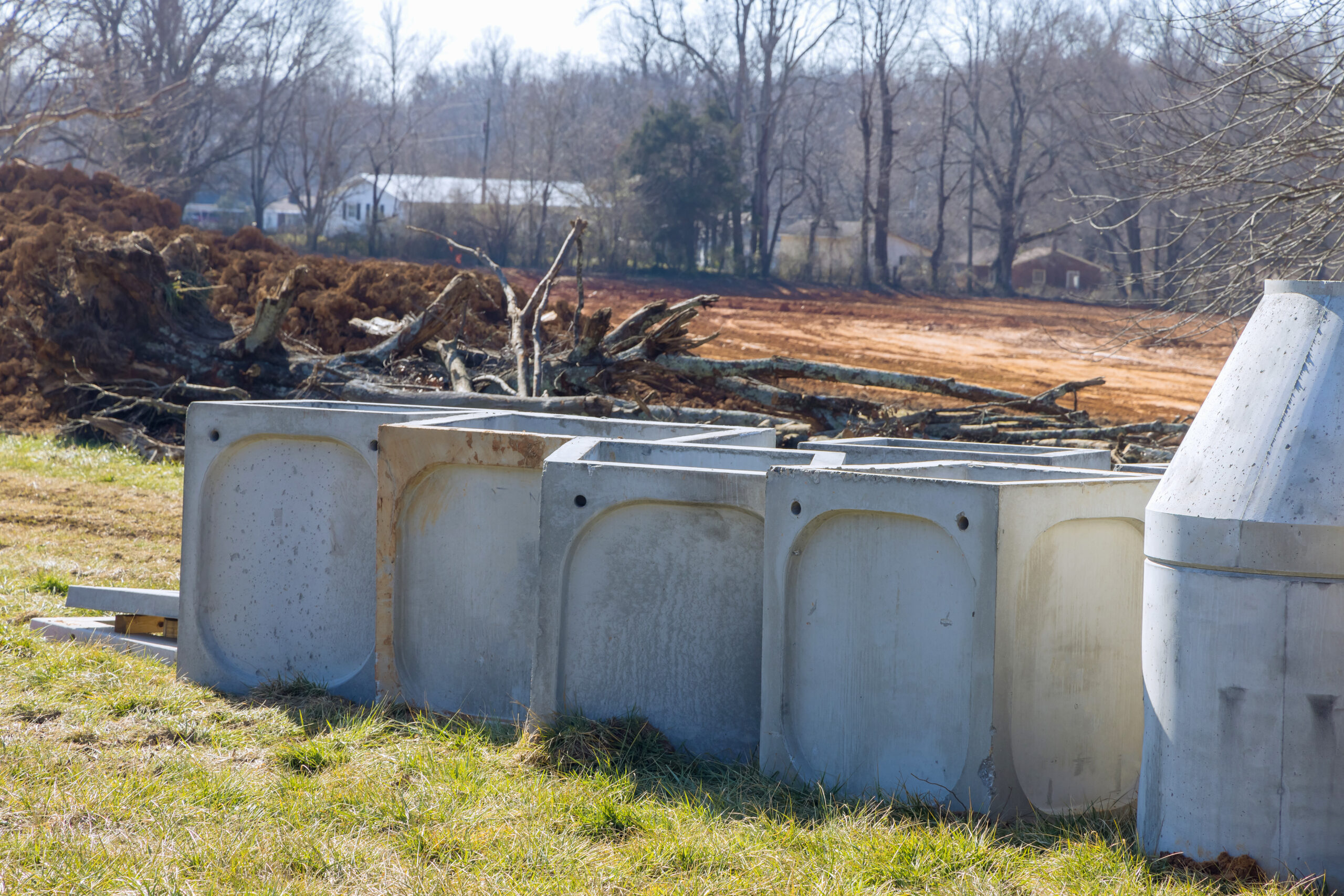Your septic system works quietly underground, but improper household waste habits can sabotage it, causing nasty backups and expensive environmental consequences. Most homeowners don’t realize small daily choices—like what goes down the drain—play a massive role in system health and longevity. Everything you flush, rinse, or wash directly impacts bacterial activity, drain field efficiency, and the frequency of system pumping and repairs. Neglecting septic tank waste disposal leads to sludge overflow, damaging drain fields and compromising your entire septic system. Let’s break down the do’s and don’ts that every homeowner should know to keep their septic system safe and eco-friendly.
Understand How Your Septic System Handles Waste
Your septic tank collects wastewater from toilets, sinks, laundry, and dishwashers, separating solids while allowing treated water to exit underground. Bacteria inside the tank break down solids naturally, but too many foreign substances can disturb this balance and cause major problems. When that balance tips, solids accumulate faster and overflow into your drain field, harming soil and groundwater with untreated waste. That’s why emptying septic tank systems on time, along with mindful waste habits, ensures a longer system life and environmental protection.
Don’t Treat Your Toilet Like a Trash Can
Only human waste and toilet paper should ever be flushed—everything else increases your risk of system clogs and bacterial disruption. Wet wipes, feminine products, diapers, floss, cotton balls, and cigarette butts don’t break down and build sludge inside your tank. Even “flushable” products fail to fully decompose, creating thick mats that interfere with bacterial processing and clog your entire septic system. Proper flushing habits reduce maintenance costs and lengthen the time between emptying septic tank services by slowing down sludge accumulation.
Think Twice Before Pouring It Down the Drain
Many homeowners think pouring leftover grease, oil, paint, or cleaning products down the sink is harmless—but it’s absolutely not. Grease solidifies inside pipes and tanks, leading to sticky buildup that blocks flow and clogs internal compartments over time. Harsh cleaners, bleach, and drain openers kill beneficial bacteria necessary for breaking down waste inside the septic tank. Protect your system by collecting cooking oils, recycling chemicals properly, and switching to septic-safe cleaners that don’t harm microorganisms.
Manage Kitchen and Bathroom Waste More Responsibly
Kitchen waste like coffee grounds, eggshells, pasta, and vegetable peels doesn’t belong in the garbage disposal if you use a septic tank. These solids won’t break down efficiently and add unnecessary load to your tank, reducing system effectiveness and risking clogs or backups. In the bathroom, avoid overusing water with back-to-back showers or multiple laundry loads that overload your system’s capacity too quickly. Combine smart waste disposal habits with regular emptying septic tank appointments to maintain proper flow, treatment, and field drainage function.
Protect Your Drain Field from Damage
The drain field plays a critical role in final wastewater treatment, but it’s highly sensitive to overloading, compaction, and chemical exposure. Never park vehicles, build structures, or plant trees with deep roots near your drain field to prevent damage and broken underground lines.
Overflowing tanks often flood this field, reducing its ability to filter properly and resulting in sewage pooling in your yard or garden. By managing what enters your system and emptying septic tank contents regularly, you keep the drain field healthy and operating efficiently. Timely septic waste removal prevents unpleasant odors, soggy yards, and costly emergency repairs to your drain field or tank.
Don’t Forget Seasonal and Emergency Preparations
Heavy rainfall or storms can oversaturate soil, making it difficult for drain fields to process water if the system’s already overloaded. Always ensure gutters direct runoff away from your tank and field to avoid excess water entering your septic system. During emergencies or holidays, increased water and waste usage can stress systems quickly, making regular checks more important than ever. Schedule pre-season inspections and pump-outs with trusted professionals like Septic Masters to avoid nasty surprises during high-usage times.
Educate the Whole Household for Better Results
One person can’t save a system alone—it takes cooperation from the entire household to prevent harmful waste from reaching your tank. Post signs in bathrooms, talk to kids about what’s flushable, and explain why drain care helps protect your home and environment. If you’re managing a rental property or vacation home, leave clear instructions about proper waste disposal for visiting guests. When everyone’s on board, it becomes easier to prevent backups, reduce stress, and space out emptying septic tank maintenance efficiently.
Trust Professionals for Maintenance and Support
Professional septic tank waste removal ensures solid waste is safely disposed of, protecting both your property and local environment. DIY maintenance can help, but nothing replaces regular service from experts who understand your system’s capacity, usage, and seasonal demands. Companies like Septic Masters provide scheduled inspections, tank pumping, drain field checks, and eco-friendly solutions customized to your property’s needs. They also educate homeowners about best practices, allowing your system to work properly without environmental damage or legal penalties. Reliable professionals give peace of mind that your system is not only functional—but future-proof and environmentally responsible.
Conclusion
Caring for your septic system starts with small, smart choices—like not flushing trash or dumping grease down your kitchen sink. These actions may seem minor, but they play a huge role in slowing system overload and reducing the frequency of emptying septic tanks. With good habits and help from professionals like Septic Masters, you protect your home, wallet, and the environment at the same time. Because a healthy planet doesn’t begin in outer space—it starts with what you do under your own backyard.




